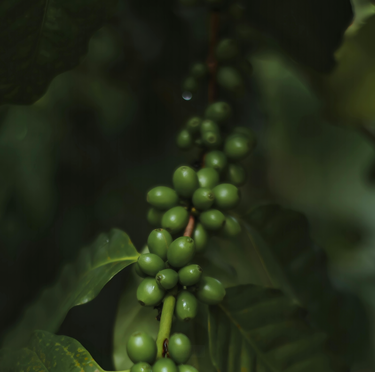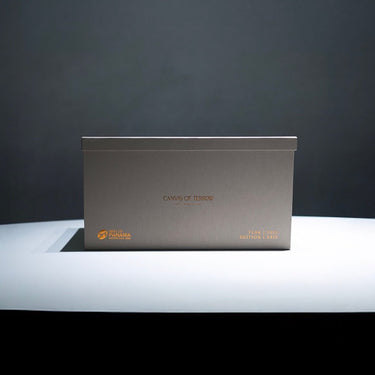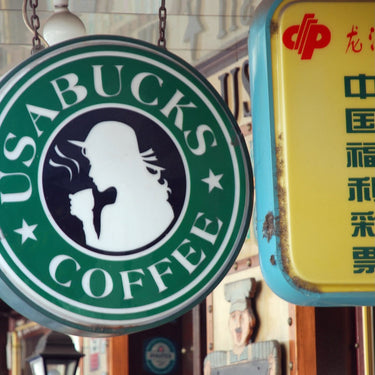A common question amongst coffee drinkers is whether it is better to drink organic or non-organic coffee and we are here to tell you the difference.
Of course organic is beneficial to the environment - enforcing rules of reduced chemical usage, preserving species and ecosystems, in addition to reducing the negative impact on the environment. Yet, it is quite difficult for coffee farmers to reduce reliance on chemicals. Coffee is a sensitive crop, susceptible to numerous pests and diseases, and gaining organic certification may be a hurdle some producers are unable to jump over.
Supporters of non-organic argue that the pressure put on coffee producers to adopt organic practices is unequal because the people incurring the charges of fees and audits are the producers who are normally financially insecure and vulnerable. The costs range from certification fees and the risk of losing a crop to pest or disease. Organic pesticides can fight off some of these threats, but not all.
Additionally, some producers in African countries are passive organic, meaning that they are already practicing organic standards because they simply cannot afford expensive chemicals. Yet, they additionally cannot afford an expensive certification or audit fee. So sometimes the fact that the label is non-existent does not mean a coffee is non-organic.
Of course this brings into question sustainability, and whether or not a label indicates a coffee’s sustainable worth. It is important to support both organic and non-organic coffee, and Rave does work with producers to generate long-term relationships to understand each producer’s practices. It is essential these producers have a future in coffee production, and we aim to maintain our support.
Non-organic coffee is no more unhealthy than organic coffee. The chemicals used during production leave no trace in the final cup - so do not worry about consuming chemicals with your morning coffee. This is because the chemicals are normally sprayed on the plant before the fruit develops - once ripe, the cherry is removed and processed, eventually being sent to a roaster, exposed to over 200 degrees Celsius, making coffee safe regardless of the amount of chemicals used.
Here at Rave, we yearn to support organic coffee producers, so head on over and try a bag of our Organic Blend!
- Honduras Clave de Sol





